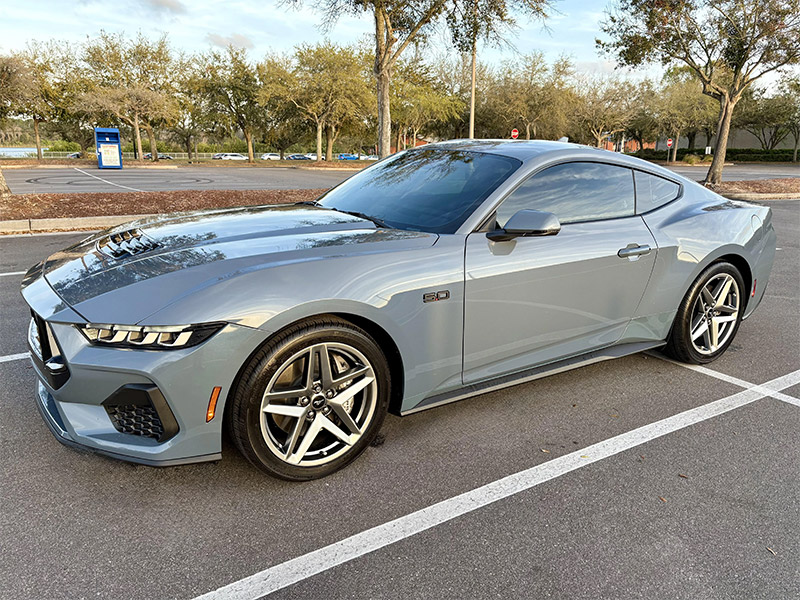
The automotive industry is undergoing a significant transformation as electric vehicles (EVs) gain traction globally. With governments pushing for stricter emissions regulations and consumers becoming more environmentally conscious, the demand for EVs is skyrocketing. But does this signal the end for traditional gas-powered cars? Let’s explore how the rise of electric vehicles is reshaping the automotive landscape and what it means for gasoline-powered vehicles.
Why Electric Vehicles Are Gaining Popularity
- Environmental Concerns:
Electric vehicles produce zero tailpipe emissions, reducing the overall carbon footprint. With increasing awareness of climate change, more consumers are opting for EVs as a way to mitigate their environmental impact. - Government Incentives:
Governments worldwide are incentivizing EV adoption through tax credits, rebates, and subsidies. These financial incentives make EVs more affordable, encouraging more people to make the switch. - Technological Advancements:
Modern EVs come equipped with advanced features like autonomous driving, rapid charging, and extended ranges. Improvements in battery technology have made electric vehicles more practical and efficient than ever before. - Rising Fuel Costs:
As gasoline prices fluctuate, EVs provide a cost-effective alternative. Charging an electric vehicle is often significantly cheaper than refueling a gas-powered car, especially with the increasing availability of public charging stations.
Are Gas-Powered Cars Becoming Obsolete?
While electric vehicles are undoubtedly gaining market share, it is premature to declare gas-powered cars obsolete. Several factors contribute to the continued relevance of gasoline vehicles:
- Infrastructure Challenges:
Despite the growth of charging networks, EV infrastructure is still not as widespread or convenient as gas stations. In rural and less developed areas, access to charging stations can be limited. - Initial Purchase Costs:
Electric vehicles generally have higher upfront costs compared to gasoline vehicles. Although maintenance and fuel savings can offset these costs over time, the initial investment remains a barrier for many consumers. - Range Anxiety:
Despite significant advancements in battery technology, range anxiety remains a concern for potential EV buyers. Gas-powered cars typically offer more extended ranges and quicker refueling, making them more practical for long-distance travel. - Resale Value:
Gas-powered cars still hold strong resale value in many markets, especially in regions where EV infrastructure is underdeveloped. Additionally, some buyers remain skeptical about the long-term performance and durability of EV batteries.
The Future: A Coexistence of EVs and Gas Cars?
Rather than completely replacing gas-powered vehicles, the immediate future may see a coexistence of both vehicle types. Hybrid models, which combine electric and gasoline powertrains, offer a transitional option for those not ready to go fully electric.
Moreover, automakers are investing in cleaner combustion engines and alternative fuels, such as hydrogen and synthetic gasoline, to reduce emissions without entirely abandoning traditional powertrains.
Conclusion: A Shifting Landscape
Electric vehicles are rapidly gaining popularity due to environmental benefits, government incentives, and advancements in technology. However, gas-powered cars are not going away anytime soon. The infrastructure, cost, and consumer preferences still provide strong support for gasoline vehicles.
In the coming years, we are likely to witness a gradual transition towards electrification, with both electric and gasoline vehicles coexisting on the road. For consumers, the choice will depend on factors like budget, driving habits, and regional infrastructure – making it a pivotal moment in automotive history.

